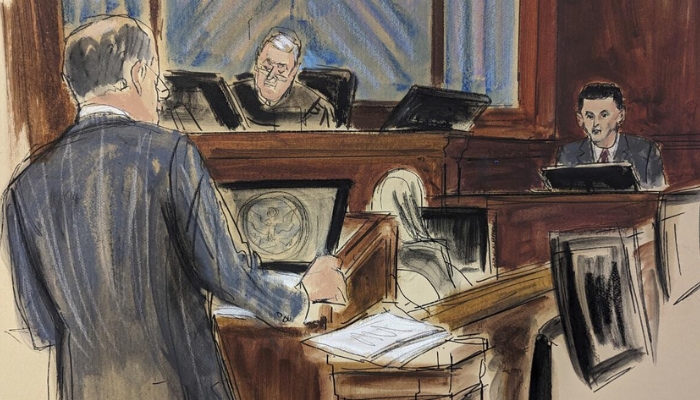Housing Market Faces Strain as Mortgage Rates Exceed 7%
Anúncios
As mortgage rates surge past 7%, the already unaffordable housing market is becoming even costlier. The housing market, which was already struggling with high prices and constrained inventory, is now facing the impact of mortgage rates exceeding 7% for the first time in 21 years, according to data from Freddie Mac. This surge in rates is putting pressure on home buyers and causing concerns among housing experts that rates might even climb towards 8%.
This scenario is causing a shift in the dynamics of the real estate market, leading both buyers and sellers to recalibrate their expectations. Bess Freedman, CEO of Brown Harris Stevens, a national real estate firm, emphasized that despite the optimism in the real estate industry, a significant change is underway. She pointed out that assuming mortgage rates will decline just because inflation is moving in the right direction is flawed. In fact, the current economic conditions, including high inflation and a strong economy, are contributing to the sustained high mortgage rates, making the housing market more sluggish.

Freedman’s analysis is backed by data showing that the housing market is indeed feeling the impact. Over the past 31 months, fixed-rate 30-year mortgage rates have surged from their lowest point of 2.65% in January 2021, which has led to a substantial increase in monthly payments for home buyers. The median-priced homebuyer with a 20% down payment is seeing their monthly payments rise by more than $1,200. This surge in costs is pricing many potential buyers out of the market.
The lack of available inventory is further complicating the situation. During the pandemic, when mortgage rates were exceptionally low, many homeowners locked into loans at 2% or 3%, which disincentivized them from selling and buying homes at higher rates. Consequently, the inventory remains low, pushing home prices to elevated levels.
Lawrence Yun, chief economist for the National Association of Realtors, noted that the housing market is at a critical juncture. The recent release of minutes from the Federal Reserve’s meeting revealed concerns about inflation and the possibility of more rate hikes, which are exerting upward pressure on borrowing rates. The yield on 10-year US Treasuries has reached its highest level in over a decade, and this trend is expected to impact mortgage rates, potentially pushing them towards 8%.
As of now, the average mortgage rate stands at 7.09%, resulting in a monthly payment of $2,203 for a median-priced home. In contrast, in January 2021, with a median home price of $309,900 and lower interest rates at 2.65%, homebuyers were paying around $999 per month. The higher mortgage rates are intensifying housing affordability issues, especially as home prices continue to rise in the current environment of limited inventory. Many experts believe that for rates to come down, the Federal Reserve’s decisions will play a crucial role.
See also: China’s Economic Woes and Global Market Impact: Insights from Veteran Investor






